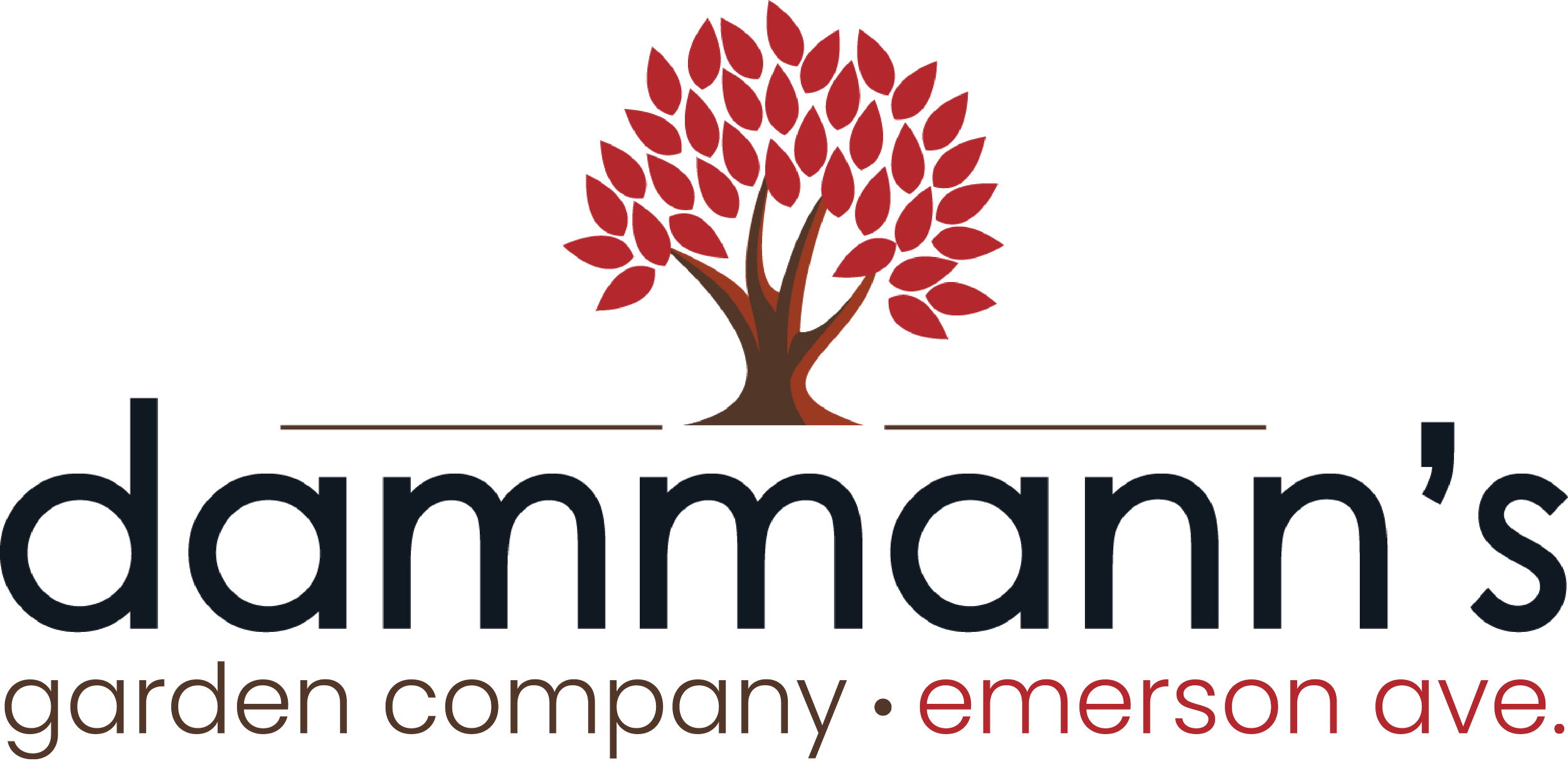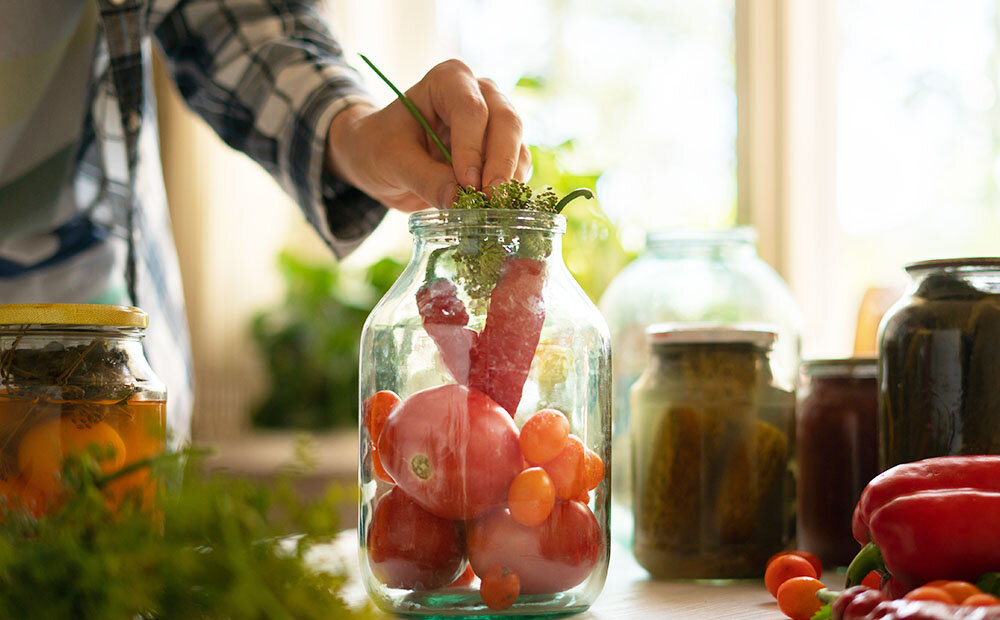PICKLING 101
Pickling is one of the many delicious ways that you can preserve your garden veggie harvest. Pickling your veggies is actually a pretty simple process, and it's not as dangerous as many people think. Pickling and canning your homegrown produce have gotten a bit of a bad rap because of the possibility of botulism.
What You Need To Know About Preventing Botulism
It's totally understandable to be a bit apprehensive about pickling because botulism is a big deal. It can make you very sick, and in very rare cases, it can be fatal. But, the conditions to cause botulism have to be just right, and it's rare. According to the CDC, there are only 145 cases per year in the US. Only 15%, or about 21 cases, are related to food. Of those 21 food-related cases, only 3-5% of those 21 are fatal.
If you pay close attention and follow the proper procedures, you can safely pickle your produce and continue to enjoy it after the harvest is over. So how do you prevent botulism?
Read the CDC page about Home Canning and Botulism before you start.
Only use recipes that follow the Safe Home Canning Guide from the USDA.
Only use pressure canning for low-acid foods; water bath canning will not kill botulism bacteria.
Do not improvise on the techniques that safe recipes include. It's OK to change the number of spices you use in a pickling recipe, but be precise on the amount of veggies, vinegar, and the amount of time required for safe processing.
Only use clean jars that have been washed, sterilized, and use new lids.
It's worth noting that veggies pickled with vinegar are less likely to have botulism since the brine used has a high enough acid level to be safe.
Basic Pickling Methods
There are two basic pickling methods; both are pretty quick and easy.
Quick or Fridge Pickling
Quick pickles or fridge pickles combine a basic brine, made from boiling equal parts water and vinegar, with salt, herbs or spices, and your prepped veggies. The veggies and herbs are packed tightly into a clean jar, and the boiling brine is then poured in to fill the jar. Then you put a clean lid on, and store them in the fridge.
Quick pickles can be stored in the fridge for up to two months. You should try to wait a minimum of 48 hours before opening your first jar to let the flavors fully develop; the longer you wait, the better they'll taste. Because you do not give these a boiling water bath or pressure can them, quick pickles should only be stored in the fridge, not at room temperature.
You can store fridge pickles, unopened, for up to two months in the fridge. Once they've been opened, they should be eaten within 7-10 days.
Boiling Water Bath Pickling
The boiling water bath pickling process is quite similar to basic quick pickling, but recipes will be different, so make sure you use a recipe designed for boiling water baths. You'll need more equipment for boiling water bath pickling.
For basic boiling water bath pickling, you'll need a stockpot that's tall enough to allow for a minimum of 1 full inch of water above the tops of your jars. You'll also need new clean lids and jars, which you should simmer in almost boiling water for at least 5 minutes.
Once your jars are filled and you've put the lids on, put them into the large stockpot, make sure they're covered with water, and bring it to a boil. To be safe, the jars must stay in boiling water for a minimum of 10 minutes. That's 10 minutes at an actual boil, not 10 minutes from when you turn the burner on.
When you remove them from the boiling water, let them fully cool before storing them. As they're cooling, you should hear a little ping or metallic pop sound every now and then. This means the jars are sealing correctly. If the jar lid isn't concave when you push down on it, it didn't seal properly, and you should store that jar in the fridge and use it within two weeks.
Boiling water bath pickles that are sealed properly are shelf-stable until they're opened and can be stored for up to 1 year. It's best to store canned goods somewhere cool and dark. Pickles should still be eaten within 7-10 days of opening.
Have you tried pickling your garden veggies yet? If you need some herbs to tuck into those jars for tasty goodness, come on by the garden center to see what we've still got growing.






